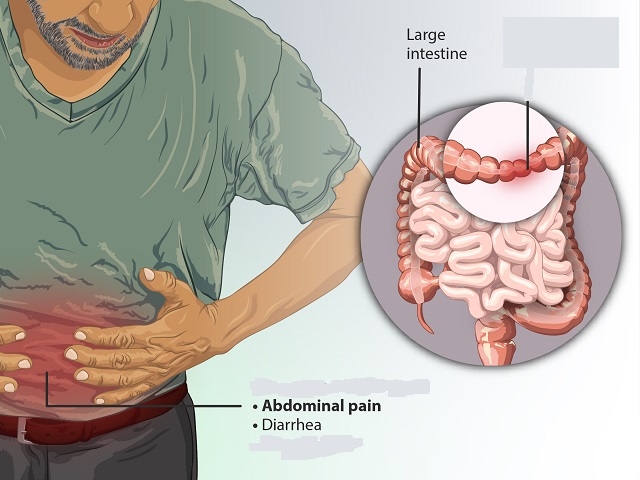6 Signs You May Have Cholera -- Symptoms, Causes, Effects, Treatment and Prevention
Cholera is an acute diarrheal illness caused by the bacterium Vibrio cholerae. It is primarily transmitted through the ingestion of contaminated food or water. Cholera is characterized by severe watery diarrhea, which can lead to dehydration and, in severe cases, death if left untreated.
Symptoms of Cholera:
The symptoms of cholera can range from mild to severe. Common symptoms include:
- Severe watery diarrhea, often described as "rice water stools."
- Vomiting.
- Rapid heart rate.
- Muscle cramps.
- Dehydration, which can lead to sunken eyes, dry mouth and throat, and decreased urine output.
- Causes of Cholera:
Cholera is caused by the bacterium Vibrio cholerae, which is commonly found in contaminated water sources and unsanitary conditions. The bacteria can spread through the ingestion of contaminated food or water, particularly in areas with poor sanitation and hygiene practices.
Effects of Cholera:
Cholera can lead to severe dehydration and electrolyte imbalance, which can be life-threatening if not promptly treated. It can cause rapid fluid loss from the body, resulting in weakness, fatigue, and organ failure.
Treatment of Cholera:
The mainstay of cholera treatment is oral rehydration therapy (ORT), which involves the administration of a solution containing a balanced mixture of sugar and salts to replace the lost fluids and electrolytes. In severe cases, intravenous fluids may be required. Antibiotics may also be prescribed to reduce the duration and severity of symptoms.
Prevention of Cholera:
Prevention strategies for cholera include:
- Access to safe drinking water: Ensuring a clean and reliable water supply can help prevent cholera transmission.
- Improved sanitation: Proper sanitation practices, including the use of latrines and proper waste disposal, can help prevent contamination of water sources.
- Hygiene practices: Promoting handwashing with soap and clean water, particularly before eating and after using the toilet, can reduce the risk of cholera transmission.
- Vaccination: Vaccination against cholera is avaailable in some regions and can provide protection against the disease.
It is important to seek medical attention if you suspect you have cholera or have been exposed to the disease.
References:
Centers for Disease Control and Prevention. (2021). Cholera - Vibrio cholerae infection. Retrieved from https://www.cdc.gov/cholera/index.html
World Health Organization. (2021). Cholera. Retrieved from https://www.who.int/news-room/fact-sheets/detail/cholera


















